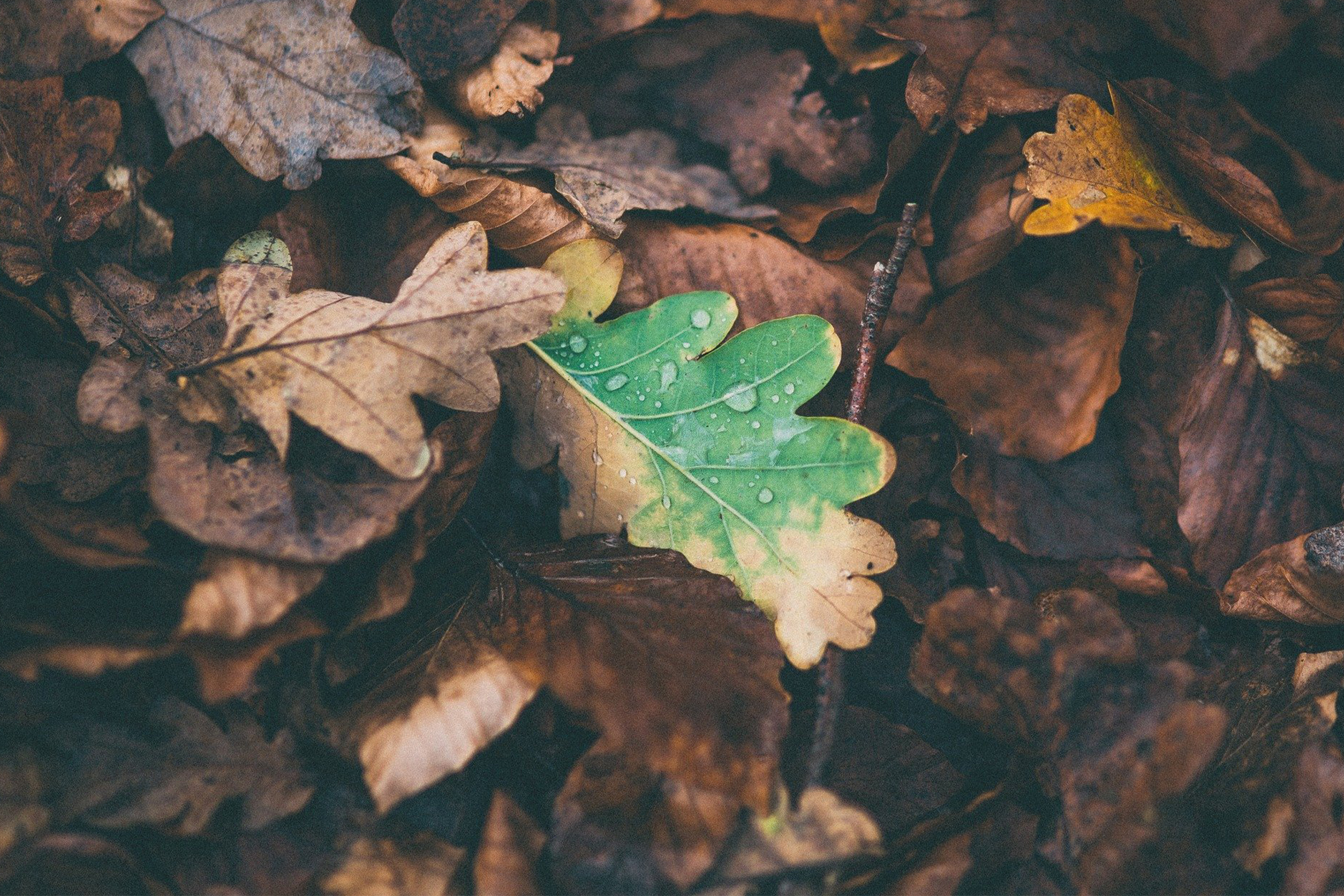Blog

Ask Dr. Phipps: Leaves, Garden Gold
Have a question about your perennials, houseplants or turf grass? Worried about pests in the garden, hydrangeas that won't bloom, or tomatoes that died on the vine? Dr. Phipps can help! Ask Dr. Phipps is a free service provided by Phipps Master Gardeners. Contact us with your questions and you may be featured in an upcoming blog post!
Q: Each year we collect the leaves from our yard, stuff them into brown bags and set them on the curb for the city to take away. I have been wondering, though, if they could be useful in our yard. I am worried about leaves killing the grass or smothering our garden and want things to look nice, but don’t want to be wasteful either.

A: Yes, the leaves from your yard are very useful in your garden. According to Texas A&M Agrilife Extension, leaves “contain 50 to 80 percent of the nutrients a plant extracts from the soil and air during the season”, making fallen leaves a valuable garden resource.
Here are a few tips to using them productively:
1. Mowing — a light layer of leaves covering the lawn can be broken into smaller pieces with a mulching lawn mower. Just mow over the leaves then leave them to slowly decompose adding valuable nutrients to your lawn.
2. Mulching — leaf mulch placed on garden beds can help to buffer soil temperatures, reduce leaves and add nutrients to the garden as the leaves slowly break down. For the best results, use shredded leaves as mulch. Use a mower with a bag to run over leaves, chop them up and bag them for easy transport to garden beds. Both perennial gardens and annual vegetable beds benefit from a layer of leaf mulch. Use 3 – 6 inches on trees and shrubs and 2 – 3 inches for perennial gardens.
3. Composting — leaves are a wonderful addition to a compost pile. They are a perfect cover over kitchen scraps recently added to a compost bin and help to balance the “greens” with the “browns”. Learn more about balancing your compost bin here. If you do not compost kitchen scraps, you can begin a simple compost area with just your leaves. With some occasional turning, a pile of leaves can slowly break down to make a rich compost additive to garden soils. Learn more about composting with our compost guide.

